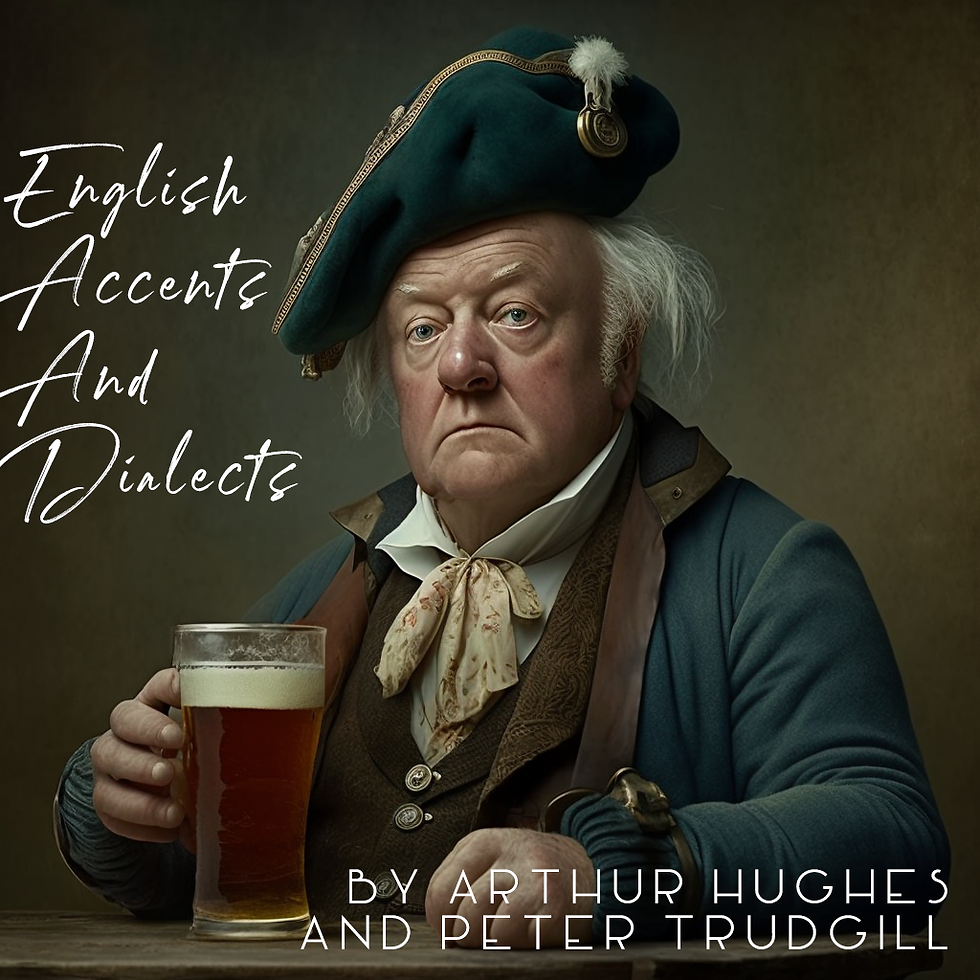Grammar Guide : Parts of Speech Articles
- Bulldogz Team

- Mar 16, 2020
- 3 min read
Updated: Dec 31, 2021
Updated on 11th January 2021

Introduction
An article is one thing in a group of things. The words known as articles are a, an and the.
Articles are generally used in very similar ways in English and Latin languages but there are two key differences to remember:
Talking in General
When we talk in general about people or things, we do not usually use the with uncountable or plural nouns.
Life is hard not The life is hard
My daughter is scared of clowns not My daughter is scared of the clowns
Talking about jobs and classification
When we classify things; the jobs people have, a group or type of person or thing, what we use something for, etc. we normally use a/an singular nouns.
I am a teacher not I am teacher
I used my umbrella as a can opener
Basics
A and an are called indefinite articles because they describe nouns in general. The refers to a specific noun and is known as the definite article.
A young lady entered the shop - Any young lady, we have not specified which one she is yet.
The young lady then looked at the shoes - A specific young lady, established in context.
"There can be only one!" - The Definite Article
It may also be obvious what we are talking about because there is ONLY one.
(e.g the government or the sun)
This is also how we use the when describing superlatives, because once again, there is only one biggest, brightest or best. Likewise when using ordinal numbers but NOT cardinal numbers:
I am the first in my family to go to University
The well known one
The is often used to clarify that the person being referred to is a well known individual:
He was married to Madonna, the singer.
We do not usually use the with singular proper nouns, but we can use the (with emphatic pronunciation, a long vowel sound ) to mean "the well known one":
He was married to Madonna? What? THE Madonna?
And another one! Indefinite articles
We use indefinite articles with singular countable nouns but NOT uncountable nouns
a dog - four dogs
water (NOT a water or four waters)
A or An?
Nouns or adjectives that begin with a vowel usually use the article an rather than a. It is probably more accurate to say that nouns or adjectives that begin with a vowel sound take the article an. The difference is about pronunciation not spelling. If you approach this as a spelling rule rather than an observation of the pronunciation people use, as so often with English, listen to how people speak and do not visualise the words as written.
a horse but an hourly horse ride
a unique opportunity but an opportunity
a football match but an FA Cup Final
a European Union
We say a unique opportunity because the u in unique is pronounced as a hard y sound (like You) - yoonique. This principle also applies to the E of European. We pronounce the h in horse but not hour. Football is said with with a f sound but the letter F in the acronym FA is pronounced efff. Acronyms are normally pronounced as the letters are said, so this also applies to M.P (Member of Parliament) or SMS (Short Message Service - Text Message) for example.
Histrionics of the Hour - The H Debate!
There is a great deal of debate regarding the pronunciation of the letter h.
The debate grows from a rather snobbish attitude to pronunciation like so often happens in the world of academic study of language. Originally educated people spoke French and so pronounced the word history as it is said in French, histoire, with a gallic "silent" h. Therefore the word had the article an.
Less educated people dropped the h and said an 'istory. This annoyed posh people who insisted on over pronouncing the h.
This is all down to aspiration. This is the process of releasing air when we speak. If you speak in front of a candle flame you should see the flame flicker in front of voiced (aspirated) h's such as Hotel, Hospital and Horse, but if you say 'Otel, 'Ospital or 'Orse the flame will not move anywhere near as much.
The or A?
When speaking in very general terms the can be used instead of a to make something less specific:
I have a guitar at home - a specific guitar that is mine
I can play the guitar - I can pick up and play any guitar I find




Comments